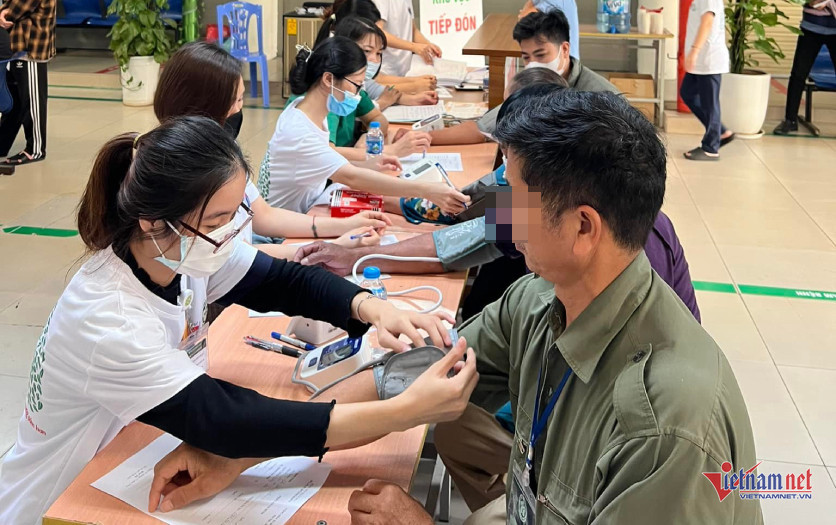According to the Vietnam Respiratory Society, an estimated 3.9% of the population - equivalent to around 4 million people - are currently living with asthma, a condition that poses a serious and potentially fatal health threat while burdening the national healthcare system.

This alarming figure was discussed during the scientific seminar "In Response to World Asthma Day 2025" organized by the Vietnam Respiratory Society.
Phan Thu Phuong, Associate Professor and Director of the Respiratory Center at Bach Mai Hospital in Hanoi, revealed that Vietnam records 3,000 to 4,000 asthma-related deaths each year.
“Asthma is dangerous due to its rapid progression. During an attack, the patient may be unable to inhale enough air, leading to oxygen deprivation,” she warned.
Asthma attacks can recur frequently, especially during seasonal changes. If not treated promptly, a severe asthma episode may cause respiratory failure, unconsciousness, or even death.
Asthma also weakens the immune system, leaving patients more susceptible to viral infections such as influenza or the Varicella Zoster virus (VZV), which causes shingles.
Dr. Phuong emphasized that asthma management involves more than just medication. Effective treatment requires comprehensive disease control, including symptom management, controlling modifiable risk factors, preventing infectious diseases, and addressing comorbidities. However, managing asthma in Vietnam still presents many challenges.
According to Associate Professor Le Khac Bao, Deputy Director of the University Medical Center in Ho Chi Minh City, personalized treatment is key to improving asthma outcomes.
“We need a comprehensive strategy that includes patient-specific evaluations, monitoring treatment adherence, and raising awareness among both patients and medical professionals,” he said.
Prevention strategies are central to asthma management. These efforts help reduce asthma exacerbations linked to infections and preserve lung function. Long-term goals include controlling symptoms, maintaining patients’ quality of life, and reducing future risks such as death, flare-ups, or side effects from medications.
Doctors advise that individuals experiencing wheezing or shortness of breath after treatment - or those showing signs of a severe asthma attack such as increasing breathlessness, persistent episodes, or difficulty speaking - should seek immediate emergency care.
Patients with bronchial asthma are also advised to avoid medications like aspirin and certain nonsteroidal anti-inflammatory drugs (NSAIDs), which may trigger acute asthma attacks.
Annual flu vaccinations and consultations with respiratory specialists are also recommended for accurate disease assessment and tailored preventive treatment plans.
PV